greetings! today’s send might be a little more introspective than zeitgeisty. allow it.
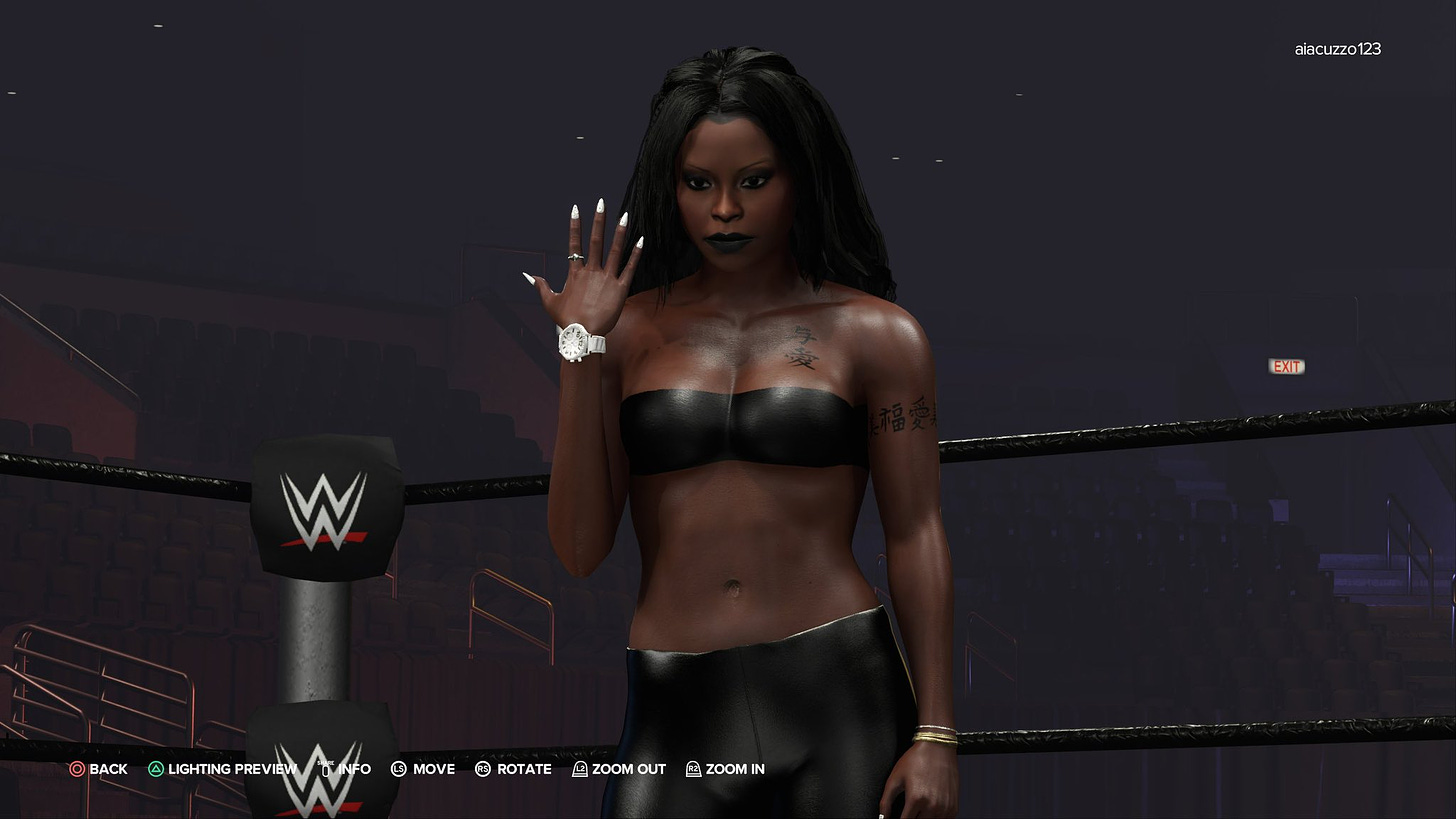
The costs, labor, trade-offs and power of “your voice”.
I read a very thorough piece in
yesterday around building “soft power” for VC firms or individuals. It centered around content creation, “building in public”, differentiation from making your presence felt. Even though there are very few VC subscribers on my list (hello to the rare ones in here! do you need a strategist?), I feel it has pretty actionable advice and guidance for most professionals who have recognized they need to start getting more intentional about building a ‘presence’.“As [venture capital as an industry] has grown, inviting greater and fiercer competition, the need to differentiate has increased, too. Critically, firms must do more than distinguish themselves – they must message those distinctions memorably, at scale. It is no good to hold a unique perspective or run an unusual model if entrepreneurs don’t know about it.”
The piece goes on to break down, in great detail, how to build ‘soft power’ through establishing your voice, while acknowledging the reasons many people don’t:
There will always be a good reason not to write an article or record a podcast. It takes time, focus, possibly social or financial capital, and a degree of vulnerability. What if you say something stupid? What if an investor you admire disagrees with your fundamental premise? In the short term, there seems to be much more to lose than gain.
I had JUST watched this video from
- someone deeply native to content creating her way into professional success - on her departure from legacy media (and launch of ). Her reasons for leaving traditional media feel similar to the trajectory of why many professionals, not just VC investors, have a need to build soft power - and what happens when you’ve amassed “enough” to launch out on your own, or alternatively find yourself forced to (per todays labor market).Taylor Lorenz, an admittedly polarizing figure (i don’t know why), outlines her own challenges with legacy media and her ambitions for her career. It really struck me how many parallels there are to Taylor’s path and present approach to many people I know in both media and brand marketing / associated services industries right now. I think Gen Z in particular will feel the confines of out-dated business models, corporate culture and ways of working pretty rapidly into their careers. A few of her notes on the legacy system she was operating within;
They “fundamentally were unable to grasp how the internet was upending our culture, economy and entire political system”.
“As digital media arose in the 2010's, a lot of us early bloggers and content creators were scooped up by these old school institutions that to be honest, kind of previously looked down on us…. [but] there have [since then] been so many talented internet culture reporters who have been laid off, because the business model of legacy media is so fundamentally broken.”
“These institutions were design for a different era; when news was slower, more centralized, where a few gatekeepers could control the narrative.”
“The legacy media is no longer the right kind of environment for the work i want to do. I’ve always operated in this weird liminal space, where i’ve been labeled a content creator, an influencer, as much as a journalist - and the truth is i’m both, i’ve always been both. […] But the legacy media is not set up for people like me. I don’t need a job at a 200 year old institution to reach people, break news, or have an impact on the world.”
To me, a lot of what Taylor is saying has applications across so many industries. I see it rippling throughout my professional marketing circles, as people find themselves re-evaluating their skill sets, goals, or the work they want to do in the face of wild shifts in the labor market.
The counter of this is also how exhausting it is to farm out your brain, identity, and story as publicly accessible fodder all. the. time.
A recent piece on The Walrus posed the question, “Why are we letting algorithms rewrite the rules of art, work, and life?”. It’s a long read, but a worthy one if you find yourself perennially torn between the necessary evil of self promotion and the urge to become a hermit / farmer. (This is definitely something i’ve talked about before, even via deep dives like my post on how djing has become this wildly amplified visual medium.) The writer goes deep on the concept of being ‘at work’ or ‘off work’ (imagine having a distinction! couldn’t be me tbh), with an unfurling observation of how we’re so digitally-anchored now;
There must exist professions that are free from [digital] capture, but I’m hard pressed to find them. Even non-remote jobs, where work cannot pursue the worker home, are dogged by digital tracking: a farmer says Instagram Story views directly correlate to farm subscriptions, a server tells me her manager won’t give her the Saturday-night money shift until she has more followers. Even religious guidance can be quantified by view counts for online church services, Yelp for spirituality. One priest told the Guardian, “you have this thing about how many followers have you . . . it hits at your gut, at your heart.”
But we know all this. What we hardly talk about is how we’ve reorganized not just industrial activity but any activity to be capturable by computer, a radical expansion of what can be mined. Friendship is ground zero for the metrics of the inner world, the first unquantifiable shorn into data points: Friendster testimonials, the MySpace Top 8, friending. Likewise, the search for romance has been refigured by dating apps that sell paid-for rankings and paid access to “quality” matches. Or, if there’s an off-duty pursuit you love—giving tarot readings, polishing beach rocks—it’s a great compliment to say: “You should do that for money.”
Her perspective is one of an author, but she stresses it’s everyones life now:
As data collection technology hollows out our inner worlds, all of us experience the working artist’s plight: our lot is to numericize and monetize the most private and personal parts of our experience.
Anyway - i don’t have a conclusion, but to me this tension between (either optional or forced) independence, efforts towards ‘soft power’ as individual contributors (ESPECIALLY in the age of AI) and the internets need for us to data-mine our existence is one of the more acute of ‘now’.
On lighter topics - the brilliance of DJ AG
Talk about someone taking up space in the best way. I discovered DJ AG, who seemingly sets himself up in various spaces in London and sees what happens, through Elijah (who i’ve posted about in here before).
Elijah’s post outlining his impact is here, and it’s a beauty:
I love this in particular:
related:
in other music topics, abolish ticketmaster in general but definitely abolish their dynamic pricing, the Uber surge fare of fandom
So interesting to see that the only people who’ve spoken up about this recently are old heads like The Cure and Oasis. Also, lest we forget, Pearl Jam have been talking about this shit for literally 30 years.
Can someone in music explain to me why it’s only the older, admittedly already-rich artists who refuse to engage with these practices? What am I missing? I know times are tough but i’m sure artists want their fans to be able to go to their shows…?
If you posted about how Nike’s new CEO has “The most epic cv ever” you have to read this and get back to me.
Tysm. Related:
Other general links/shoe news round up/ etc
Love this (sponcon) piece w/ Martine Rose around her Clarks collab. She drops some gems for designers/creatives: “emerge yourself in other things, you have to have other skills to bring to fashion as well. Work in bars, clubs, pubs, hairdresser’s, art galleries, libraries – wherever you can be stimulated – bring some other skills in.”
Great idea from a young designer to make modest, comfy gear - she pitched the idea of abaya hoodies to Nike and eventually decided to do it for herself - only to get hit up by the brand for a partnership.
Are starbucks going to emerge victorious as a teen third space after millennials and older Gen Z dropped them like a hot potato? These teens, between Zyns, Celsius, and sugary starbucks drinks… their brains are FRIED. bless their hearts.
ICYMI Melbourne’s very own Up There has a gorgeous new 860 on the way
This just made me laugh. Love that we are in the era of live, public customer feedback.
GREAT new ad/imminent rebrand from Dr. Martens.
Feels old-playstation-ad-coded… the highest compliment
Nice new collab with NB from Renell medrano’s ice studios- their first sneaker drop since the powder blue asics from a little over two years ago. Renell’s taste is immaculate.
Okay thats all for today. Have a wonderful week!
GG






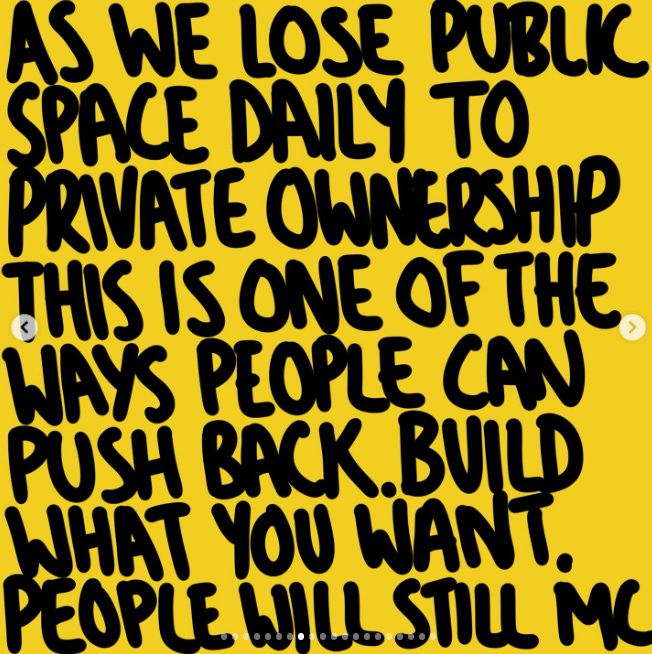
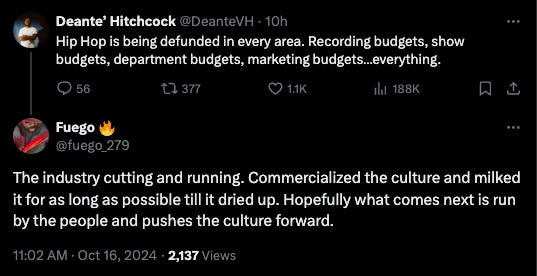
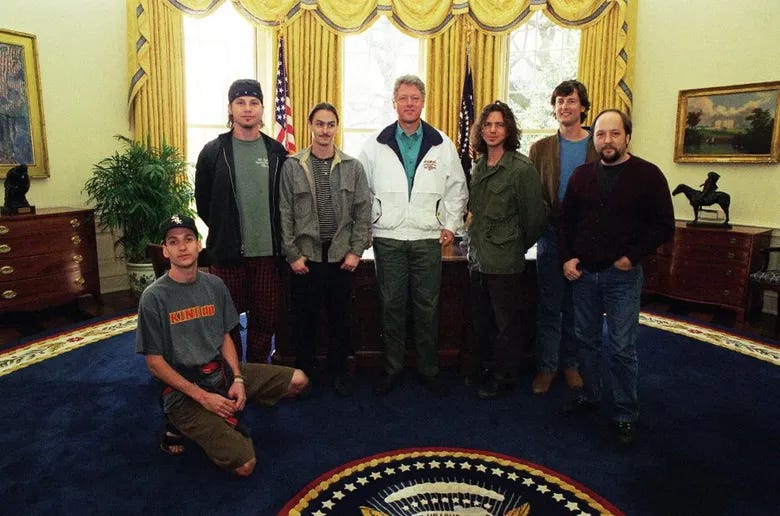


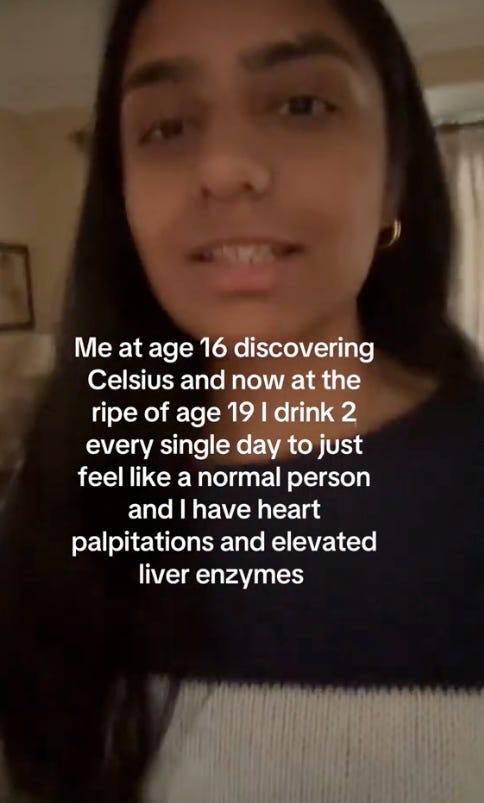




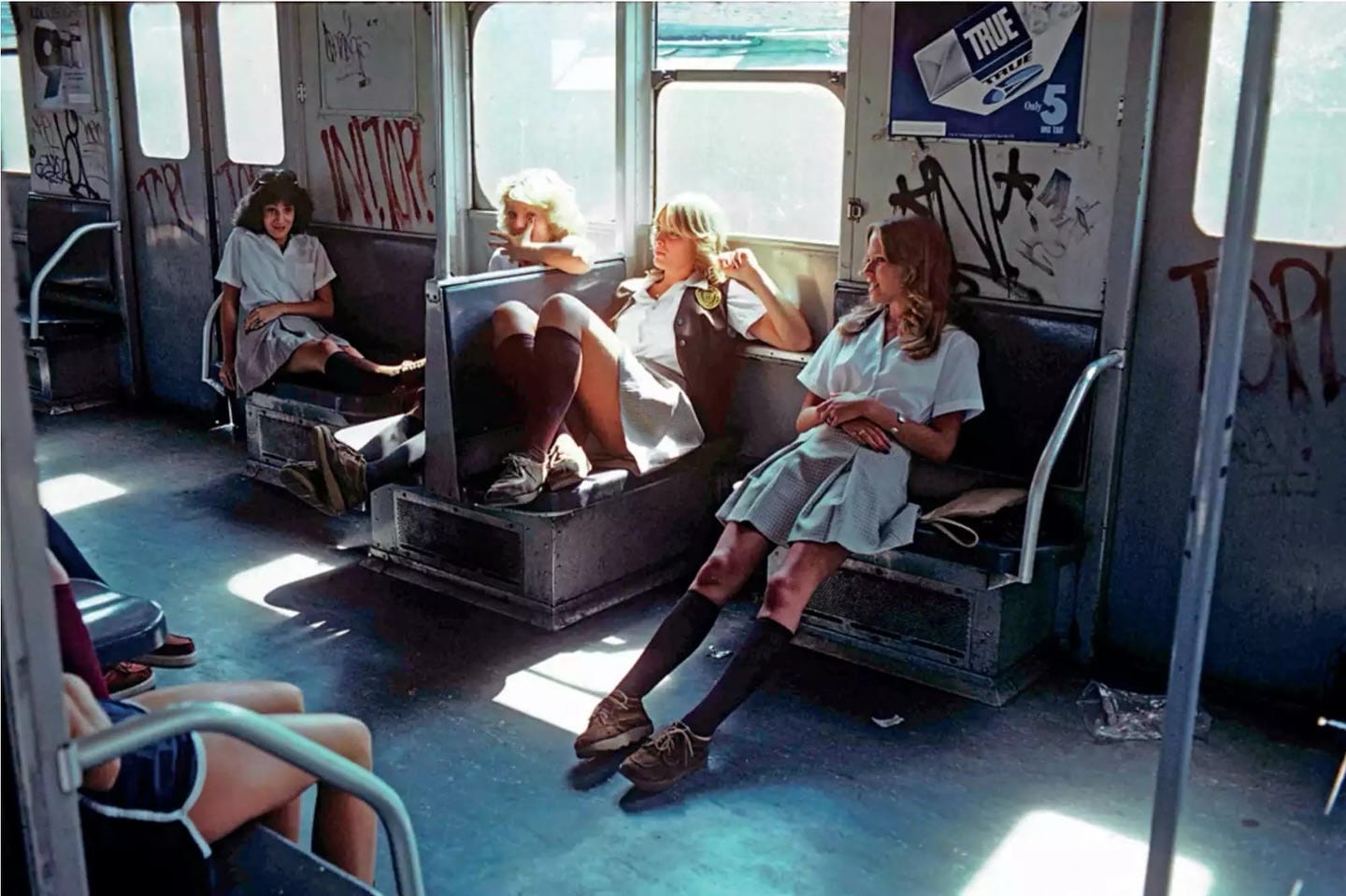
VC subscriber here (and a happy one at that)
we've been publishing writing on our sites for 18 years
also recently been recording our meetings and having an LLM automatically summarize and post (to socials) the highlights every friday, automatically (we call this "OH at USV")